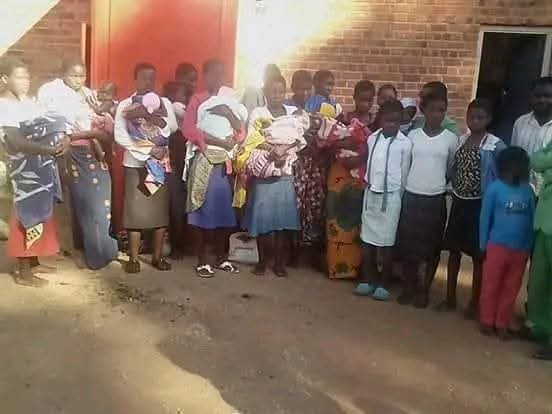National Initiative for Civic Education (NICE) Trust says knowledge of primary justice in villages could help reduce police case workload and clear the cells of petty offenders.
Speaking on Tuesday in Balaka during orientation of 20 volunteers, NICE Trust Civic Education Officer for the district Henry Zekaria said some human rights abuses and cases can be amicably resolved at community level rather than being brought to police.
“The police is reeling under a heavy burden of a backlog of cases some of which could easily be dealt with by traditional leaders and volunteers as part of primary justice. This is part of promoting primary justice to facilitate speedy and fair justice delivery.
“The orientation focused on signposting and referral systems which enable the volunteers to know which case to refer to police or traditional leaders. It also showed them remedies available for different human rights abuses at the local level,” Zekaria said.
NICE Trust Para Civic Education (PEC) Moreen Andaki for Livilivi said the orientation has helped her understand what primary justice is all about and how it can help speedily resolve wrangles at the village.
“There are cases that can be referred to the traditional chiefs which the community could take to the police making access to justice process lengthy and expensive. We will now cascade the knowledge of primary justice to others ably,” she said.
Balaka community policing coordinator Robert Njalam’mano said people should differentiate between civil and criminal cases to help reduce case congestion at the police there by also reducing costs involved .
NICE Trust is implementing access to justice through the ‘Chilungamo’ project with funding from European Union.




